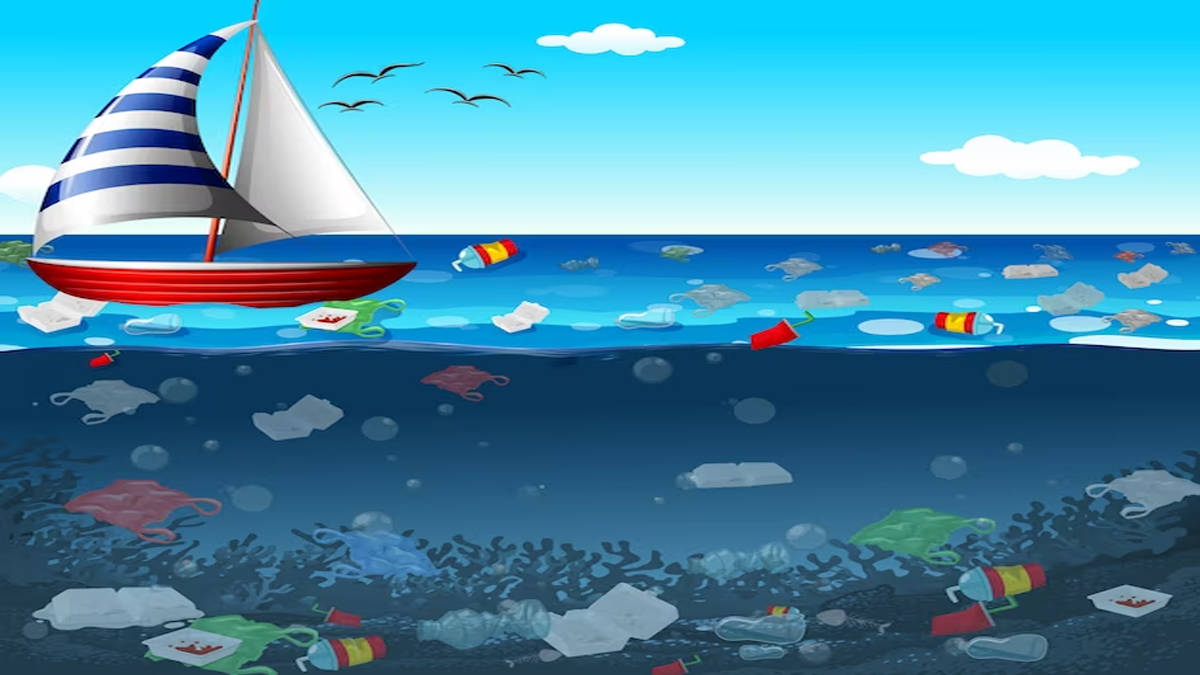Here are some ways in which the law contributes to addressing ocean pollution and conservation:
1. Regulation of Pollution Sources:
Laws establish standards and guidelines to regulate pollution sources that can impact the oceans, such as industrial discharge, shipping activities, and offshore drilling. These laws set limits on the release of pollutants into the marine environment and require permits or licenses for activities that may have detrimental effects on ocean ecosystems.
2. Environmental Impact Assessment:
Many countries have laws requiring environmental impact assessments (EIAs) for activities that may affect the marine environment, such as coastal development projects or offshore energy installations. EIAs help identify potential risks and develop mitigation measures to minimize harm to the oceans. They also ensure that decision-makers consider environmental factors before granting approvals for such projects.
3. Marine Protected Areas (MPAs):
Laws often establish MPAs, which are designated areas aimed at conserving marine biodiversity and ecosystems. These areas can serve as sanctuaries for vulnerable species, protect sensitive habitats, and preserve biodiversity hotspots. Laws define the boundaries, restrictions, and management measures for these protected areas, ensuring their effective conservation.
4. Regulation of Fisheries:
Fishing is a major industry that can impact marine ecosystems if not properly regulated. Laws and international agreements are in place to manage fisheries, including setting catch limits, establishing fishing seasons, and implementing measures to prevent overfishing and protect vulnerable species. These regulations aim to maintain sustainable fishing practices and preserve the balance of marine ecosystems.
5. International Agreements and Conventions:
The law also plays a vital role in facilitating international cooperation to address global issues related to ocean pollution and conservation. Treaties and conventions, such as the United Nations Convention on the Law of the Sea (UNCLOS), the International Convention for the Prevention of Pollution from Ships (MARPOL), and the Convention on Biological Diversity (CBD), provide frameworks for international collaboration, establishing standards and guidelines for protecting the oceans and promoting sustainable practices.
6. Enforcement and Compliance:
Laws provide the legal framework for monitoring and enforcing regulations related to ocean pollution and conservation. Government agencies, such as environmental protection agencies and coast guards, are responsible for enforcing these laws and taking action against violators. Penalties and fines can be imposed on those who do not comply with environmental regulations, acting as a deterrent and promoting responsible behavior.
It is important to note that the effectiveness of laws in addressing ocean pollution and conservation depends on their implementation, enforcement, and ongoing evaluation to adapt to changing environmental challenges. Additionally, public awareness, stakeholder engagement, and scientific research also play vital roles in supporting effective legal frameworks for the protection of our oceans.
